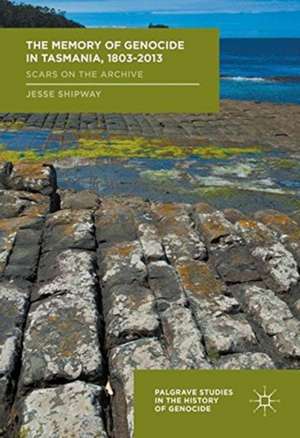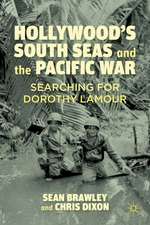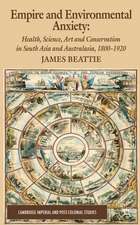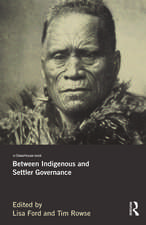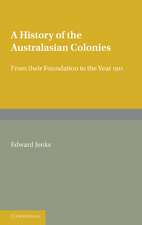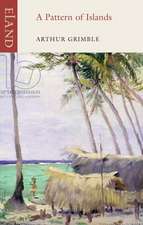The Memory of Genocide in Tasmania, 1803-2013: Scars on the Archive: Palgrave Studies in the History of Genocide
Autor Jesse Shipwayen Limba Engleză Paperback – 21 apr 2021
| Toate formatele și edițiile | Preț | Express |
|---|---|---|
| Paperback (1) | 381.59 lei 6-8 săpt. | |
| Palgrave Macmillan UK – 21 apr 2021 | 381.59 lei 6-8 săpt. | |
| Hardback (1) | 582.95 lei 6-8 săpt. | |
| Palgrave Macmillan UK – 14 noi 2016 | 582.95 lei 6-8 săpt. |
Preț: 381.59 lei
Nou
Puncte Express: 572
Preț estimativ în valută:
73.03€ • 79.30$ • 61.34£
73.03€ • 79.30$ • 61.34£
Carte tipărită la comandă
Livrare economică 22 aprilie-06 mai
Preluare comenzi: 021 569.72.76
Specificații
ISBN-13: 9781349694792
ISBN-10: 1349694797
Pagini: 203
Ilustrații: XI, 203 p.
Dimensiuni: 148 x 210 mm
Greutate: 0.26 kg
Ediția:1st ed. 2017
Editura: Palgrave Macmillan UK
Colecția Palgrave Macmillan
Seria Palgrave Studies in the History of Genocide
Locul publicării:London, United Kingdom
ISBN-10: 1349694797
Pagini: 203
Ilustrații: XI, 203 p.
Dimensiuni: 148 x 210 mm
Greutate: 0.26 kg
Ediția:1st ed. 2017
Editura: Palgrave Macmillan UK
Colecția Palgrave Macmillan
Seria Palgrave Studies in the History of Genocide
Locul publicării:London, United Kingdom
Cuprins
Introduction.- 1. What is Tasmania.- 2. Van Diemonian Time.- 3. Tasmanian Time.- 4. Global Time.
Notă biografică
Jesse Shipway has published writing includes poetry, academic articles and essays on a range of topics.
Textul de pe ultima copertă
This book presents a philosophical history of Tasmania’s past and present with a particular focus on the double stories of genocide and modernity. On the one hand, proponents of modernisation have sought to close the past off from the present, concealing the demographic disaster behind less demanding historical narratives and politicised preoccupations such as convictism and environmentalism. The second story, meanwhile, is told by anyone, aboriginal or European, who has gone to the archive and found the genocidal horrors hidden there. This volume blends both stories. It describes the dual logics of genocide and modernity in Tasmania and suggests that Tasmanians will not become more realistic about the future until they can admit a full recognition of the colonial genocide that destroyed an entire civilisation, not much more than 200 years ago.
Caracteristici
Presents a philosophical history of Tasmania Focuses on the links between genocide and modernity Suggests Tasmanians need to recognise the colonial genocide to embrace the future
